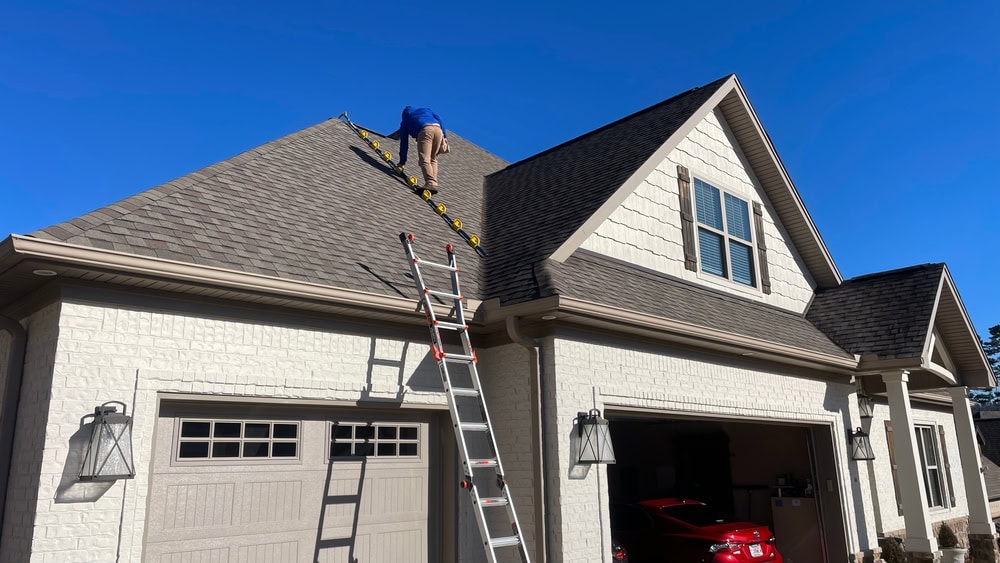Building and Managing a Skilled Workforce for Contractors: A Comprehensive Guide
In the contracting industry, your workforce is your most valuable asset. The skills, dedication, and efficiency of your team can make or break your projects and, ultimately, your business. This guide will explore strategies for building, managing, and retaining a skilled workforce that can drive your contracting business to success. 1. Strategic Recruitment Building a … Read more










